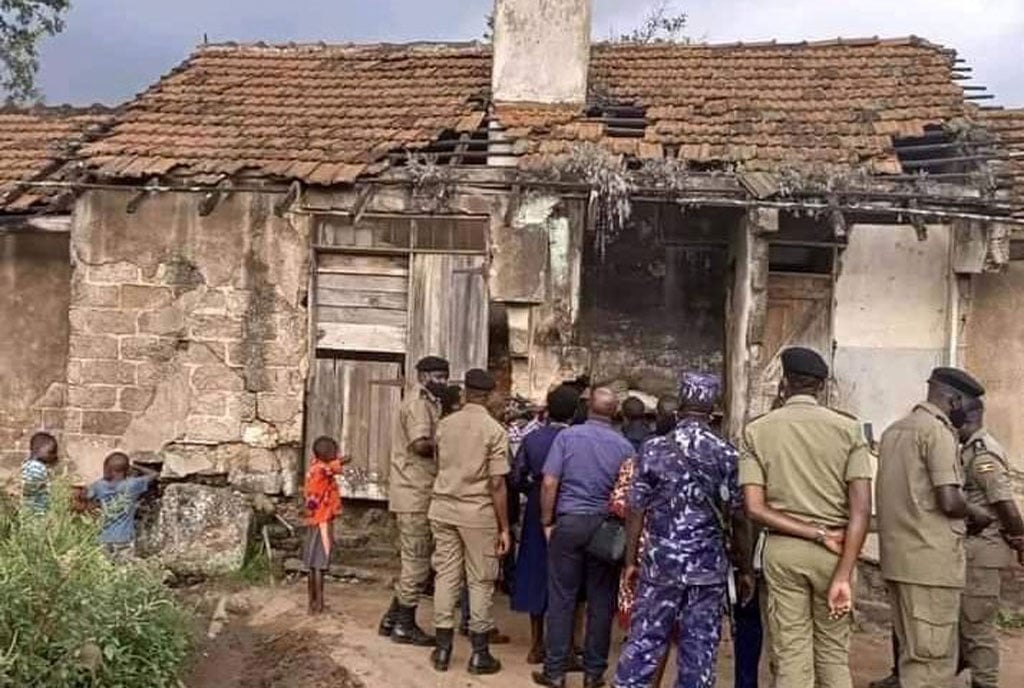Kenya’s new curriculum to teach coding in Primary and Secondary Schools

What you need to know:
- After receiving approval from the Kenya Institute of Curriculum Development, Kodris Africa, an online publishing company that focuses in preparing learners with 21st-century skills, will offer the syllabus.
The government of Kenya has approved the coding curriculum to be learnt by secondary and primary school students that will teach coding to young learners.
Kenya will be the first African country to adopt the technique.
After receiving approval from the Kenya Institute of Curriculum Development, Kodris Africa, an online publishing company that focuses in preparing learners with 21st-century skills, will offer the syllabus.
The curriculum will include practical lessons that will assist youngsters to develop their problem-solving skills, according to KICD’s chief executive, Prof Charles Ong’ondo.
“In the past, coding was conceived as a high-level activity yet children can start engaging in early learning levels,” said Prof Ong’ondo on Tuesday in a statement.
Kodris stated that in order to roll out the curriculum, they will seek synergy with other partners.
They went on to say that the syllabus will put students on an equal footing with students in developed countries.
“We are talking to telcos, banks and other partners for the rollout,” said Kodris Africa CEO Mugumo Munene.
“When students learn to code they can become producers in this 21st century digital age rather than merely consume what is created by others.”
Mr Munene also stated that the introduction of the syllabus is in line with the government’s efforts to promote technology use through President Uhuru Kenyatta’s digital literacy program, which he launched in 2016.
Kodris is offering the syllabus in other 48 nations across the continent.
The curriculum has an easy-to-use interface and can be taught by any schoolteacher. It will cover both primary and secondary school.
The syllabus is in line with the government’s efforts to promote technology, through President Uhuru Kenyatta’s Digital Literacy Programme (DLP).
Kenya requires 30,000 technologists, 90,000 technicians and over 400,000 craftsmen to attain the mega projects under Vision 2030.




